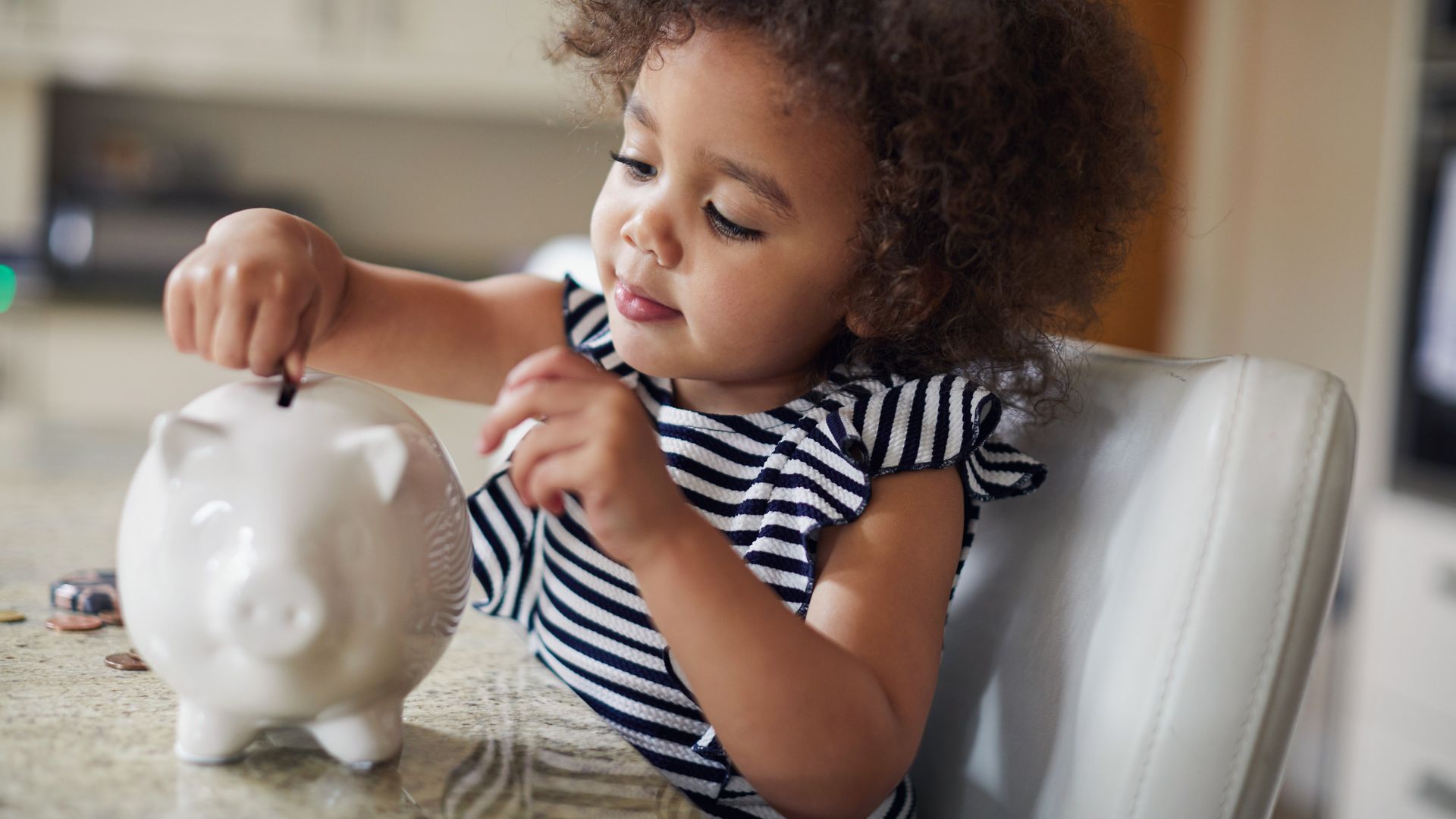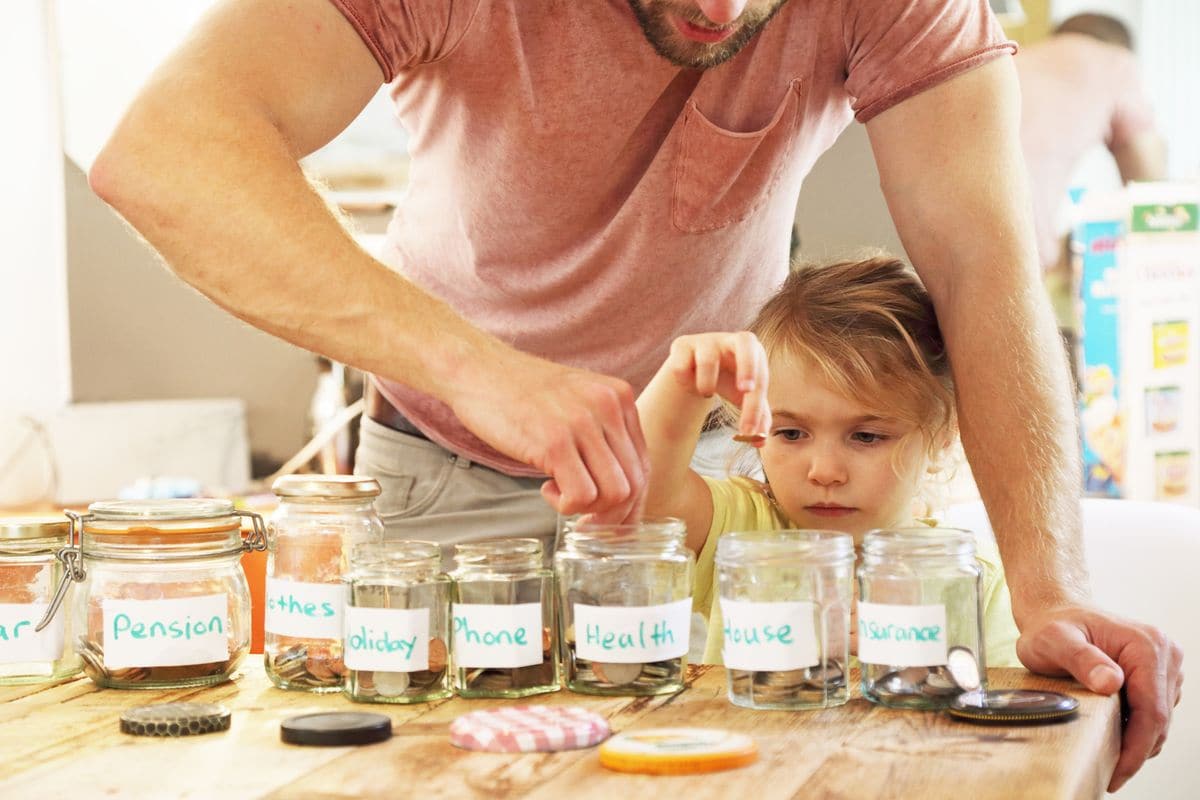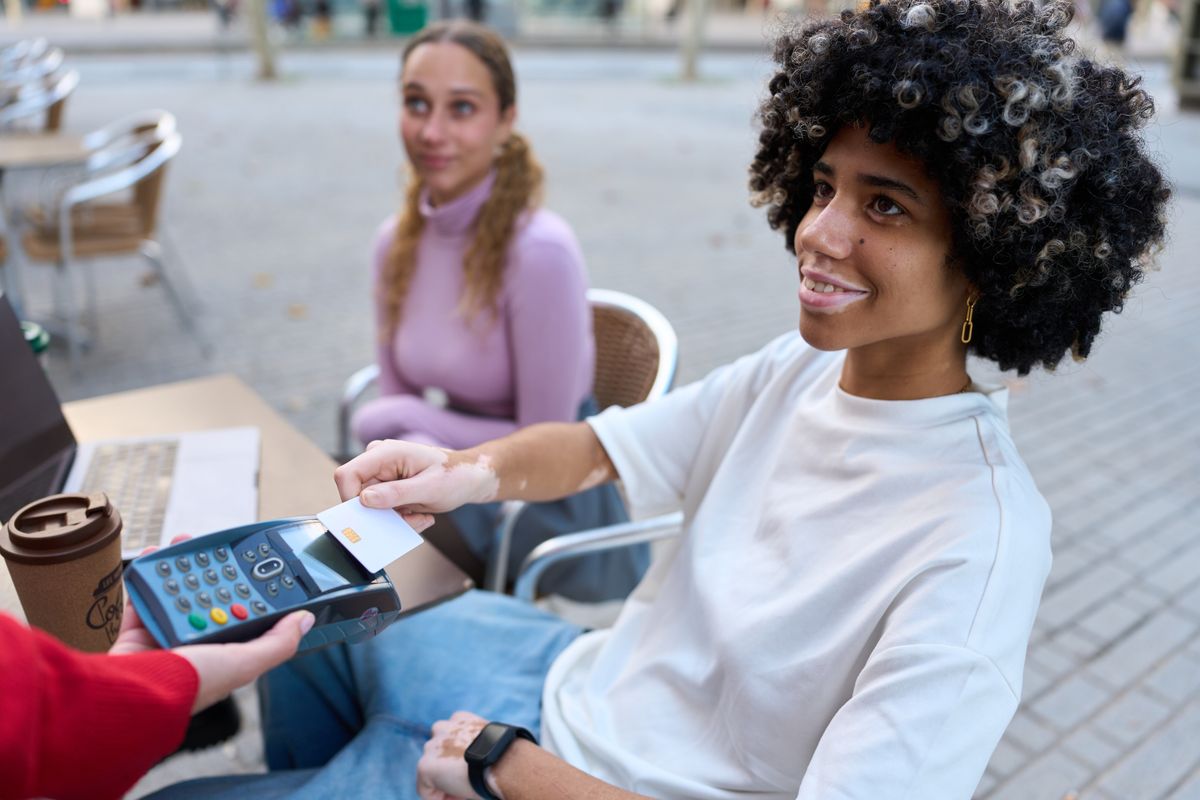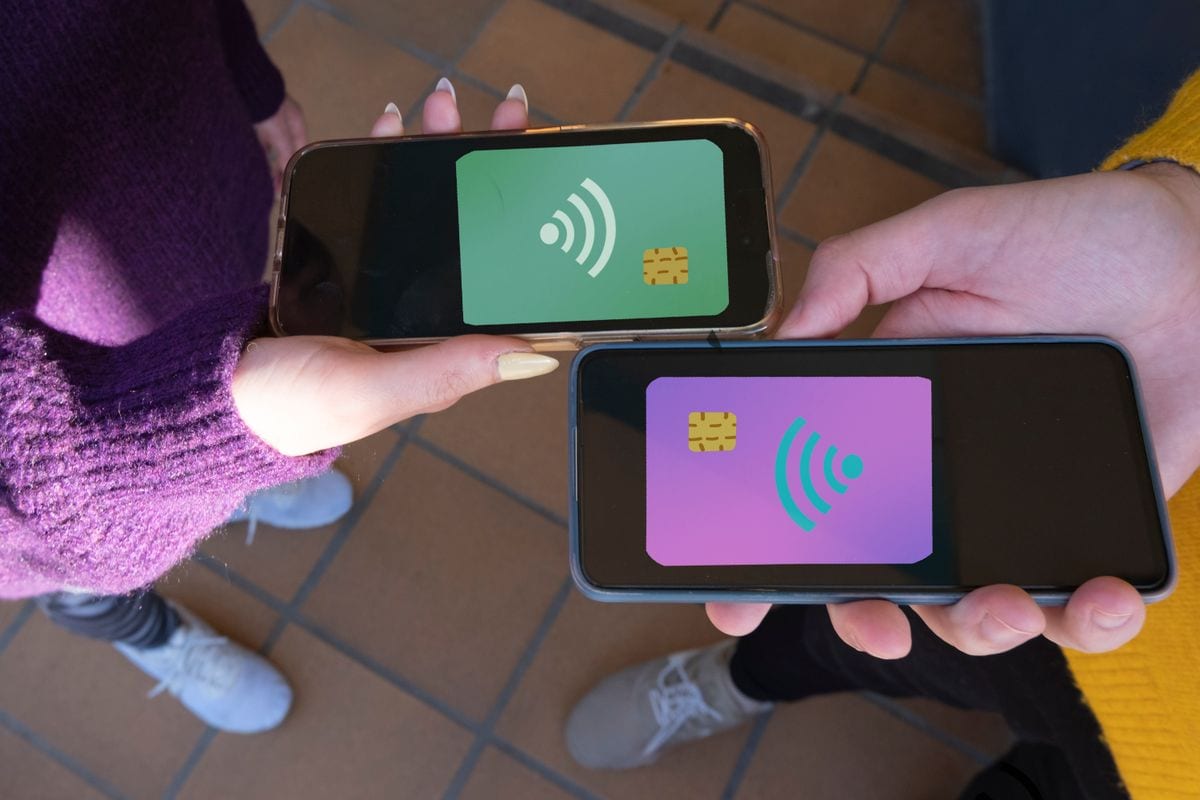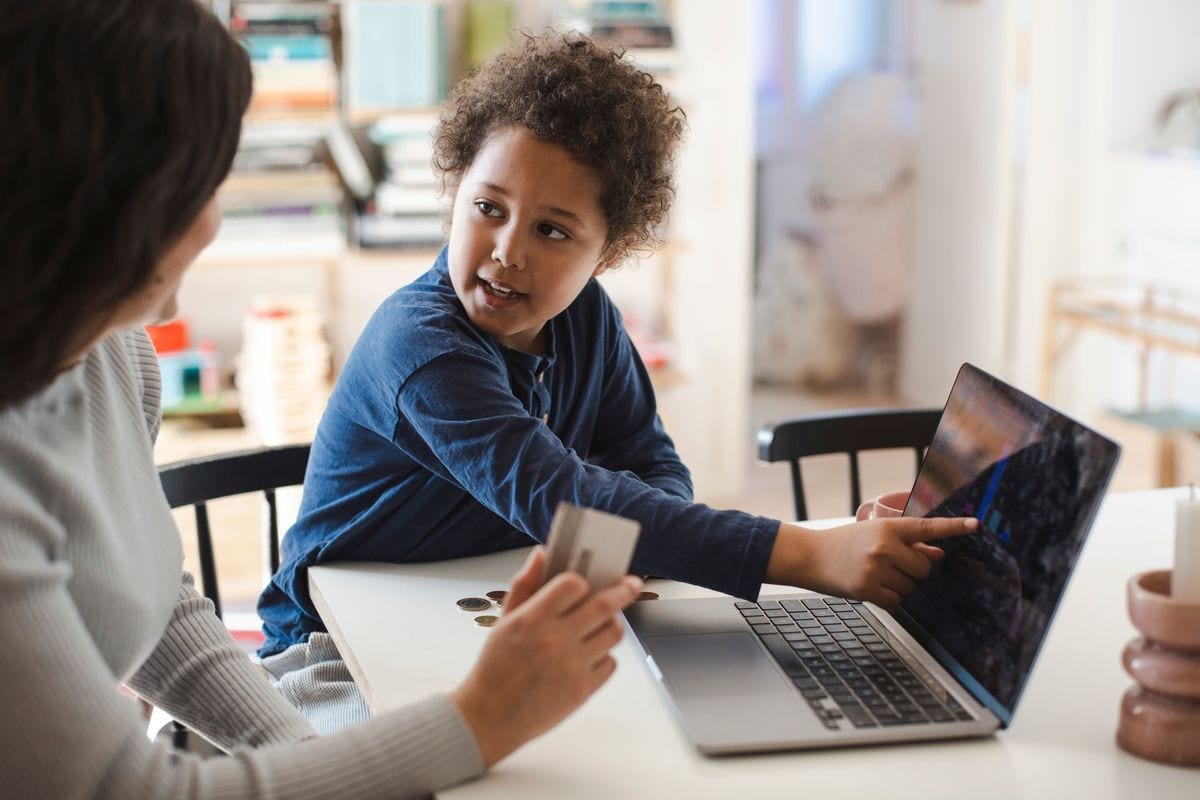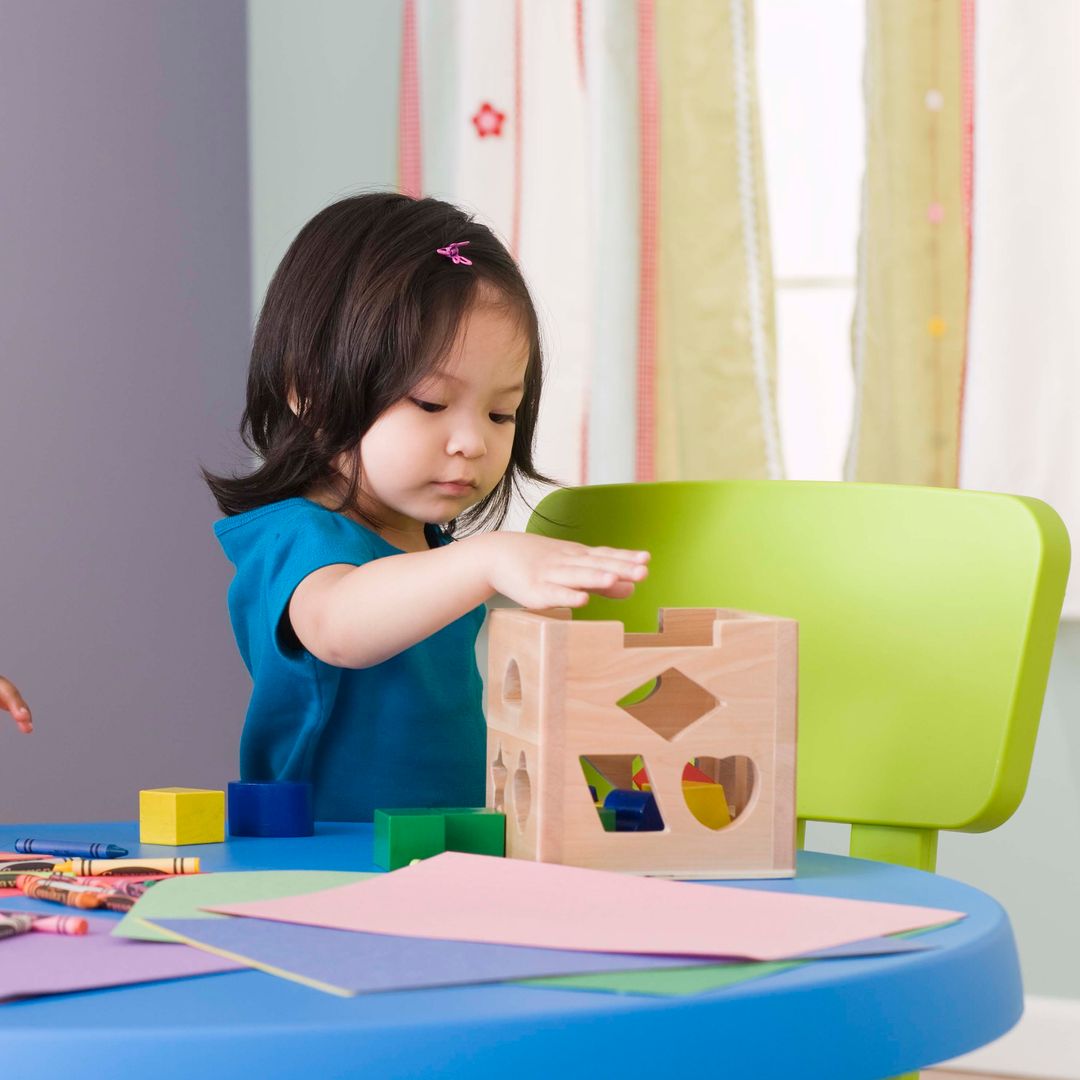Money might not grow on trees, but financial wisdom can definitely take root early and flourish for life. Experts agree that teaching kids about money before high school isn’t just smart parenting; it’s essential for preparing them to thrive in a world driven by digital spending, social media influence, and endless “buy now, pay later” temptations.
April Lewis-Parks, Director of Financial Education and Communications at Consolidated Credit, says starting young is key: “Teaching financial literacy earlier means helping children see money as a tool, not a mystery,” she explains. “It’s much easier to build good habits from the start than to unlearn bad ones later.”
Lewis-Parks stresses that financial literacy isn’t a one-time talk; it’s a journey. “Money lessons work best when they grow with a child,” she adds. “The earlier kids understand basic money concepts like saving and trade-offs, the better equipped they’ll be to make sound decisions as teens and adults.”
What to Teach and When
So, when do you start? Lewis-Parks says that as soon as kids can count. “For elementary schoolers, it’s about identifying coins and understanding that things cost money,” she says. “By middle school, it’s time to talk about budgets, needs versus wants, and how credit works in simple terms. The key is to make it hands-on—let them make small choices with real dollars so the lessons stick.”
Financial Behavior Specialist and mom of five, Cara Macksoud, agrees that it’s never too early. “Even toddlers can handle money in stores or swipe a card under supervision,” she says. “Start with toddlers by letting them handle money. Around 6 or 7, take them to the bank to deposit savings and talk about receipts. By age 8, introduce debit cards for small purchases.”
Her approach is all about action. “Kids learn by doing,” Macksoud says. “By high school, they should understand how to track balances, reconcile accounts, and use a debit card responsibly.”
Building Financial Confidence
Lewis-Parks points out that financial confidence doesn’t depend on wealth; it’s about control. “When kids grow up making choices, setting goals, and seeing their savings grow, they build a sense of control that carries into adulthood,” she says. “Confidence comes from experience, not lectures.”
Holistic college advisor Tom O’Hare echoes that sentiment: “Knowledge is power,” he says. “Learning the rules and gaining responsibility early enables tweens and young adults to navigate financial decisions effectively.”
Tackling the Digital Money Dilemma
From in-app purchases to digital wallets, today’s kids live in a world where money often feels invisible. “When a purchase is just a click, they don’t feel the same ‘pain’ as handing over cash,” says Lewis-Parks. “Parents need to make the digital experience tangible—show statements, track balances, and set spending limits together.”
Macksoud adds that even digital spending can be a learning opportunity. “My kids log transactions, categorize spending, and pay from their accounts,” she says. “That connection between digital purchases and real money builds real-world responsibility.”
O’Hare, however, warns of the risks: “Digital spending makes everything too easy, too quick, and too dangerous,” he says. His solution? Supervised independence. “Give kids debit or prepaid cards with spending limits. Let them hit their limit and learn to reflect—Did you need it or just want it?”
Social Media’s Sneaky Money Messages
Between influencers flaunting luxury hauls and teens comparing lifestyles online, social media can distort reality. “Social media has become a shopping mall without walls,” says Lewis-Parks. “Influencers can normalize constant spending and make debt look glamorous. Teaching media literacy is part of teaching financial literacy now.”
O’Hare is more blunt: “Influencers are dangerous providers of information and guidance,” he says. “Parents must stay involved in conversations about wants versus needs and make the family budget transparent.”
The Role of Schools
Financial literacy education can’t stop at balancing a checkbook. Lewis-Parks believes schools should evolve: “They need to teach online banking, digital wallets, credit scores, and how social media influences spending,” she says. “Financial literacy today is as much about cybersecurity as it is about saving.”
O’Hare suggests schools partner with financial experts. “Host a Credit for Life program,” he says. “Let students experience real-world money decisions before they graduate.”
Start Where You Are
Even parents who feel financially unconfident can make a difference. O’Hare encourages seeking help: “If you don’t understand money, learn alongside your kids. Hire a fee-based financial advisor if needed. You can’t teach what you don’t understand.”
Ultimately, the goal isn’t perfection, it’s progress. As Lewis-Parks puts it: “The earlier kids see money as a tool, the better prepared they’ll be to use it wisely.”
Whether it’s a toddler counting coins or a teen checking their bank app, every moment is a chance to plant the seeds of financial confidence, and those roots will last a lifetime.
Modern Mami is a parenting and lifestyle column by ¡HOLA! Senior Writer Shirley Gómez, a Latina millennial mom raising a toddler. Focused on the realities of modern motherhood through a Latina lens, the column covers topics ranging from wellness and culture to parenting tips and expert advice.
